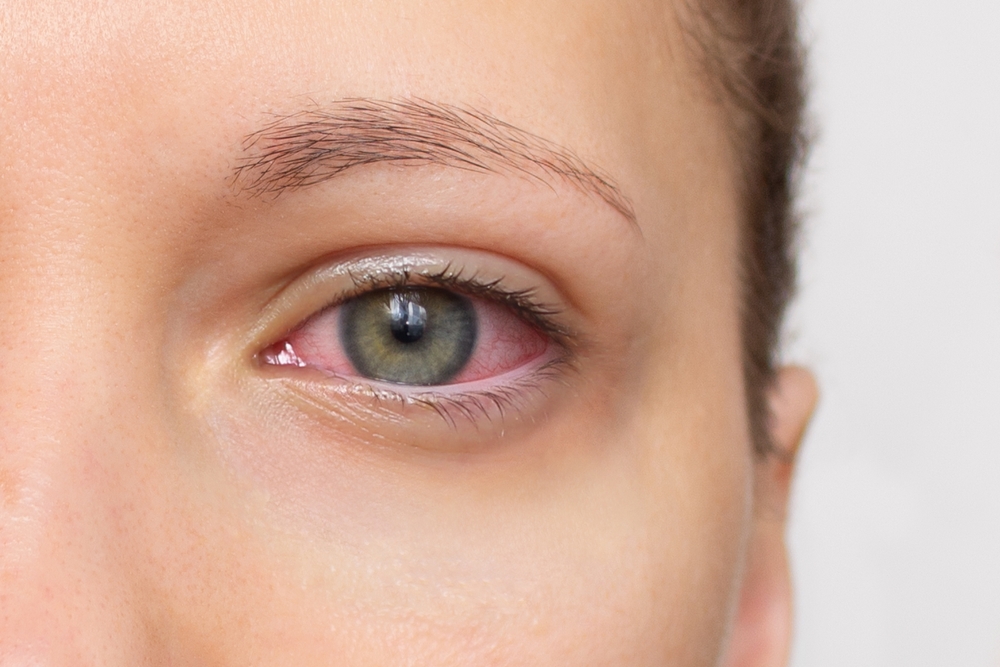
If you’ve ever experienced unexplained redness, eye pain, or sensitivity to light, you might have dismissed it as allergies or simple irritation. But for some, these symptoms can be signs of something more serious—uveitis. Here in Smithfield, North Carolina, we know how important clear, comfortable vision is for enjoying everything from a stroll through the Neuse Riverwalk to cheering on local teams at the Smithfield Community Park. When an eye condition like uveitis disrupts your daily life, getting the right care quickly is essential.
What Is Uveitis?
Uveitis is the inflammation of the uvea, the middle layer of the eye. It can affect different parts of the eye and, if left untreated, may lead to complications like glaucoma, cataracts, or even vision loss. Uveitis can happen to anyone, but it’s most commonly seen in young to middle-aged adults. It may develop suddenly or progress gradually, depending on the underlying cause.
Signs and Symptoms of Uveitis
Uveitis can present itself in a few different ways. Symptoms often include:
Eye redness
Pain or discomfort in one or both eyes
Blurred vision
Sensitivity to light
Floaters (small dark spots or shapes drifting in your vision)
These symptoms can range from mild to severe and might come and go. If you notice any of them, don’t ignore them—early diagnosis and treatment can prevent long-term damage.
What Causes Uveitis?
The causes of uveitis vary. Some cases are linked to autoimmune conditions like rheumatoid arthritis, lupus, or sarcoidosis, while others stem from infections or even trauma to the eye. In some cases, the cause remains unknown. Given the potential seriousness of the condition, it’s crucial to have a thorough eye exam to determine the best course of action.
How Is Uveitis Treated?
Treatment for uveitis depends on its severity and underlying cause. Common approaches include:
Prescription eye drops – Often corticosteroids to reduce inflammation
Oral medications – If the condition is linked to an autoimmune disorder, additional treatment may be necessary
Injections – In some cases, an injection near the eye may be needed for more severe inflammation
Treating underlying conditions – If an infection or systemic disease is the cause, addressing that condition is key
Schedule Your Eye Exam Today
If you’ve noticed persistent redness, discomfort, or changes in your vision, don’t wait to seek care. Uveitis can be serious, and early intervention is the best way to protect your eyesight. We’ll assess your symptoms, determine the cause of your uveitis, and develop a treatment plan tailored to your needs. Whether you need prescription medication, ongoing monitoring, or a referral for specialized care, we’re here to help you see clearly and comfortably again.
If you’re experiencing symptoms of uveitis or have concerns about your eye health, schedule a consultation with Clarity Vision. Visit our office in Smithfield, North Carolina, or call (919) 737-7200 for further guidance.
















